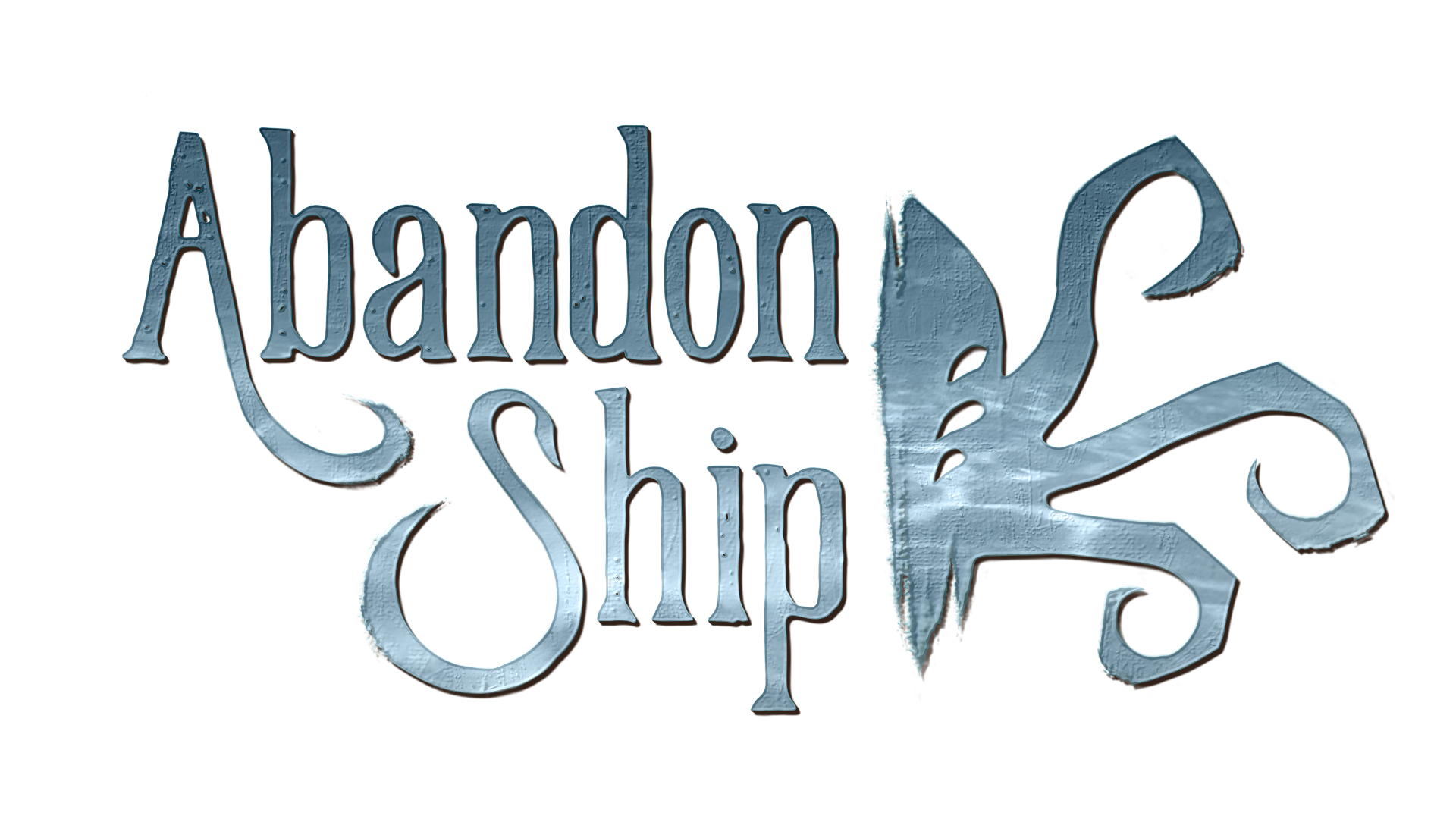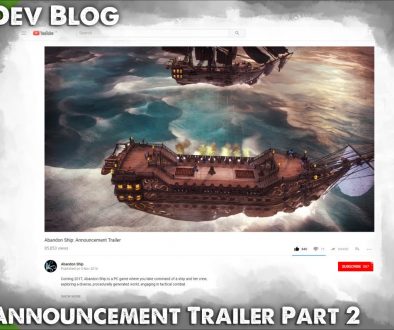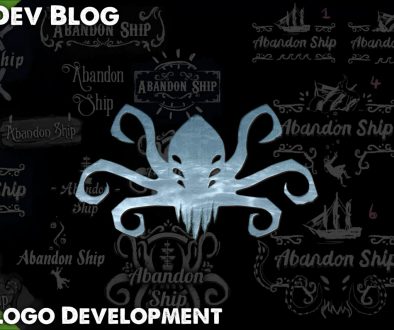 From the 3rd to the 14th of June 2019, the annual #loveindies event is running.
From the 3rd to the 14th of June 2019, the annual #loveindies event is running.
This is a celebration of Indie games and their communities, created by our friends at Failbetter Games, who made Sunless Sea and more recently, Sunless Skies.
I won’t explain the details of #loveindies, as that is covered in a publicly available participation guide, which can be found here:
https://docs.google.com/document/d/11S0QvAWSGuvwCCXbD-ji7MJ79J-0Wo8UsCPCPyHFRZg/edit#
Instead, I wanted to take this opportunity to write something to help people understand just how much they can contribute to the potential success of Indie developers.
Within the Indie Development Community, we share a lot of information to help hone our skills and improve as a business. There are a lot of guides and advice out there by Developers, for Developers, which is why I felt this post should be more player-focused. It’s a collection of things you can do to help the creators of games you love – and believe me, it matters greatly.
 Now is probably the time to confess I am a perennial “Silent Content Enjoy-er” – that is, I play a lot of Indie games, am active on social media but hardly ever engage in it. I suspect this is the vast majority of people! It also means that there is great potential for you to help make a big difference.
Now is probably the time to confess I am a perennial “Silent Content Enjoy-er” – that is, I play a lot of Indie games, am active on social media but hardly ever engage in it. I suspect this is the vast majority of people! It also means that there is great potential for you to help make a big difference.
Before we begin, I should clarify that as much as I’m a fan of #loveindies, these principles apply all the time.
Why is this important?
Much has been written about the “Indie-pocalypse”. It’s been going on for years now, and yet a never-ending tide of games still release. There is no contesting however, that things are getting harder. Dozens of games launch on Steam alone every day. Yes, some can be dismissed as “shovelware”, but there are still a great many that are legitimate, and the result of a team of hard working people making sacrifices to follow their dream. Not only that, but many Triple-A titles launch with never-ending multiplayer components that eat up your spare time. My go-to example is my football-obsessed friend who, since the launch of FIFA Ultimate Team, hasn’t played or purchased any other game since. Tons of games and increasing demands on player time outweigh the rate the market is growing, and the margins of success are getting smaller. On Steam, 99% of the money is made by 1% of games, and the overwhelmingly vast majority of Indie games are outside that 1%. That means a games community, and how they can help Indie developers is becoming increasingly important.
Now we have some context as to why this is important, here’s what you can do to help. In no particular order:
 Share on Social Media
Share on Social Media
This falls under the general “tell your friends about games you like” category, and on social media you have a far greater reach. I’ve found some amazing Indie games from Retweets on Twitter – but how many have I missed? I’ve taken to retweeting interesting looking titles more, and this increased activity has often led to more followers, so I’ve found some bonus personal benefits to this as well.
While you’re at it, why not post your own content? Official game accounts could share it, and it helps generate more noise than one person on the Dev team could. Don’t forget some platforms like Reddit and Imgur look down on self-promotion, so Dev’s rely on community help here.
Like/Upvote on Social Media
On some social media platforms, upvoting is crucial to the visibility of that post. In general, liking something gives Indie developers positive reinforcement, which is greatly appreciated. Indie developers often feel like we’re battling insurmountable odds, alone. It can be mentally draining, and an influx of Likes can really help us in our darkest hours.

Follow Social Media
If you like a particular game and are interested in it, follow it and you’ll be much more likely to see cool information on that game. Increased follower counts also tell developers that they’re making something people care about. That’s easy for us to forget when we’re toiling away in isolation.
 Ask your favourite content creators to cover the game
Ask your favourite content creators to cover the game
Content creators on YouTube and Twitch are inundated by games requesting their attention, but if a game crops up in their comments frequently, that improves their chance of covering it. You’ll then get to see your favourite personalities take on the game, or provide information on it that may inform a future purchase.
 Subscribe to a newsletter
Subscribe to a newsletter
Social media is fleeting. Unless you’re on it all the time, posts move past at great speed. Subscribing to a developer newsletter will provide a way to have important information about a game delivered straight to your inbox. Some newsletters offer an incentive to sign up too – shameless plug alert – ours puts your name in the game as a randomly generated crew member, which is something people have really gravitated to.
Participate in Alpha, Beta or Early Access and provide feedback
These schemes are designed to get early feedback and improve the game. Not only does this benefit everyone, but you get a sneak peek behind the curtains on a game you’re interested in.
If you get involved in these, it’s important that you’re both honest and constructive. Don’t worry about protecting the developers feelings, as that ultimately serves no-one. At the same time, ensure that your feedback is valuable, even if it’s negative.
 Help other players on forums and Discord
Help other players on forums and Discord
I alone handle our forums and Discord. What that personally means is that I check them occasionally throughout the day, and they’re also the first thing I check when I wake up, and the last thing I do before bed. That isn’t very healthy, but I am one person, with a large community spread across the entire world – Anyone can post 24 hours a day, 7 days a week that demands attention. I don’t know how to deal with it other than making myself available – and I’m not alone in this. If you know the answer to questions asked on a forum and can help, please do!
Now we’ve covered those, let’s look at Steam specifically. As Abandon Ship is currently just PC-only, I’ve naturally focused on Valve’s platform, but you can substitute it for other stores.
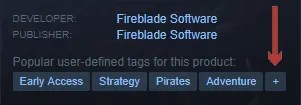
Tag games on Steam
The tagging system on Steam is a useful way of ensuring you’re shown games you’re interested in. It also directly contributes to what appears in the “More like this” section on a games store page, directing the right sort of players to games they may be interested in. We noticed a good increase in store traffic once we started directing the community to tagging the game.
Follow games and developers on Steam
Following games and developers on Steam means that you may see Community Announcements about games you’re interested in, or new games released by your favourite developers. Again, in today’s busy world, this can be easily missed.

Wishlist games on Steam
Every time a game you’re interested in is discounted by 20% or more, you’ll receive an email notification. I, like many others have a huge backlog and only purchase new games if I’m really into them. But I buy a lot on discount, and having an email means I don’t miss anything I’m interested in.
On the developer side, Wishlists are crucially important. They’re a sign of player intention – will people care enough to buy my game at some point? If a developer is trying to sign up with a publisher, they’ll be interested in how many wishlists already accrued. If you have a certain threshold of Wishlists, you may even gain some sort of Steam store presence like Daily Deals. These not only benefit the developer with increased visibility, but also players waiting to buy the game on discount.
 Review games on Steam
Review games on Steam
Reviews are an important tool to help convert potential players that are on the fence.
I talk about negative reviews later in this post, so for now I’ll just focus on the positive ones. If you like a game – leave a review! Seriously, more people need to do this.
It makes a huge, huge difference to developers, particularly in a world where it increasingly feels like people are quick to judge harshly, have unrealistic expectations and like to slap a negative review for sometimes crazily minor, or absurd-seeming reasons.
I’m very much guilty of enjoying a game and moving on, and I’m using #loveindies as an excuse to go through my back catalog and review games. It’s something I plan to do more even outside of #loveindies. You don’t have to leave an essay, if I’m in a rush I’ll just leave a sentence.
I’ve mentioned to Valve that I think there should be some sort of recognition for people reviewing games, even if it’s just a contribution toward their Steam “Pillar of Community” badge.
Buy games you’re interested in
This is the only one that involves spending money, and it’s a very obvious and ultimately the most important way to support indie developers. At the end of the day, they’re a business, and the people that make them have bills to pay and families to support. Hopefully you’ll be getting a game you enjoyed out of it.
Remember:
Aside from purchasing games you like, everything on the list above is free and only takes a moment.
Most indie teams are a handful of people, often doing marketing and community management on the side. Taking our team as an example, one person handles the coding, one the art, and I handle the design, production, QA, business admin, team leadership and general high level vision, writing, marketing and community management. I’m spread very thin and often neglect social duties, and could do with the help of kind strangers.
If you boil it down, Indie games getting good visibility is a pure numbers game. If 1,000 people see a post on social media, maybe 100 will engage with it. Of those 100, maybe 1 will progress to a Wishlist or sale. That’s why it’s important for that first number to be as high as possible, and a great way to achieve it is through an active and supporting community.
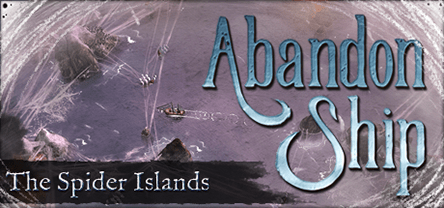
What’s in it for me?
You mean despite the warm, fuzzy feeling you get from selflessly helping others? You may have noticed in the list above that alongside positives for Indie developers, I also mentioned how it can benefit engaged community members, or interested bystanders too.
Aside from those however, if you help achieve success on a game you like, then you’re more likely to get extra content on that game, or future games from that company. The Indie scene has created some amazing, unique and well-loved games. I’m sure we all want to see what a thriving Indie scene can come up with in the years to come.
What if I have something negative to say?
That’s absolutely fine! Go for it! Just go about it in the right way.
When thinking about User Reviews, there are some tricky problems that I’m unsure how they can be solved. This isn’t just a problem on Steam, but applies to the App Store through to Amazon. Regardless, this post isn’t just about getting positive help. Negative reviews have a place too – or should I say constructive negative reviews. Something that will both help the developer understand problems, and give insight into potential players reading that review.
If you do leave a negative review, especially on the early stages of a game during Early Access, you should revisit it upon full release. The point of Early Access is to fix issues and improve the game, so it’s only fair to see if your opinion would have changed.
A note on refunds: I believe these are a good thing for the industry, although I’m not a fan of people who refund after 10 minutes AND leave a negative review. There aren’t many games I’ve ever played that I feel like I could make a definitive judgement after that length of time! There’s probably something to say about the societal impact of smart devices meaning we expect everything instantly and affecting our judgement, but that’s another conversation 🙂

With regards negativity in general, who do you serve by being negative? Is your “This sux” comment on a YouTube video of a game you’ve never played helpful? Does your voice need to be heard in this instance? I’m a fan of only saying something if it’s worthwhile and provides some sort of benefit to someone (including negative but constructive feedback) – otherwise, what’s the point? Just because you have a voice, doesn’t mean it should be forced on everyone all the time. Although if you’ve read this far, I severely doubt you, dear reader, are one of those people.
And my final point about negativity would be to implore you to be cordial, and treat people how you would like to be treated. Aggression is rarely warranted and harassment has no place for anyone. Much subtlety is lost in the written word compared to face-to-face interaction, but remember that in 99.9% of cases Indie developers are well meaning and want you to have a good time. It may sound like I’m about to burst into Michael Jackson’s “Heal the World”, but couldn’t we all do with a bit less hostility in our online interactions?
That’s all, folks!
I struggled writing this post. I don’t like asking for help (personal flaw alert!) and I especially didn’t want it to come across as needy, begging, or having a sense of entitlement – that wasn’t the intention. I believe success should be earned, not given, and Indie games should earn your admiration. However, I’m aware that it’s easy to assume one person can’t make a difference, and this stuff is hard to remember when we’re leading our busy lives. If you take anything away from this post, it is YOU CAN MAKE A DIFFERENCE.
These lessons apply to ALL Indie games, of which we are but one. The entire Indie scene could do with your help in this increasingly tough market, and you should know that we silently thank you every time you help us.
Anyway, what are you doing here still? Get out there and start sharing, liking, Wishlisting and reviewing, people!
